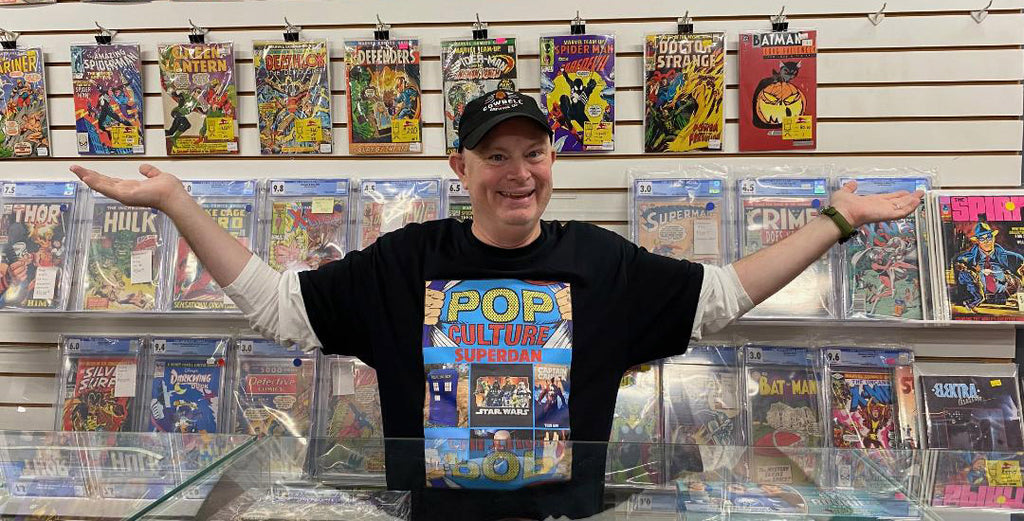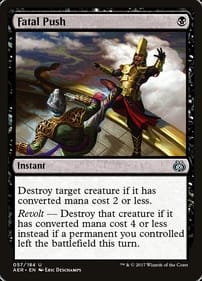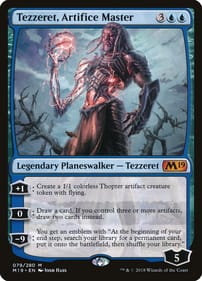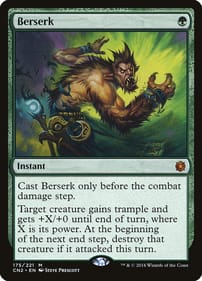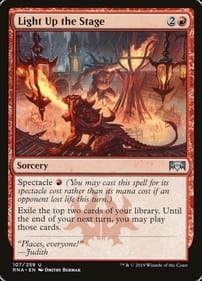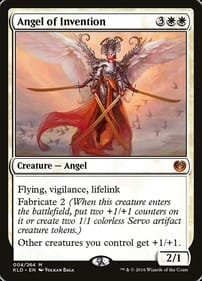Jade Armstrong’s Food School is the Epitome of Panel Play
By Dan BrownIf you’re looking for panel play, you’ll find no better example than Food School by Montreal creator Jade Armstrong. The book is one of this month’s releases from East Coast publishing house Conundrum Press.If you’re wondering what panel play is, it’s something I’ve been thinking about as a comic fan for decades, even though it often escapes notice. I define it as the joy a creator takes in blowing up the comic page and the degree to which they resist static placement, imbuing the sequential art with a rhythm and logic all its own.I was only four or five pages into Food School before I realized: There’s something special going on here.Montreal’s Armstrong, like the book’s protagonist, is non-binary. One of their influences is manga, and the pages shimmer with that same kind of dynamic energy.There are double-page panels, single-page panels, circular panels, panels that look like the silhouette of a loonie. There are also wordless, 10-panel two-page spreads. There are pages with no discernible borders, as well as slanted panels of varying sizes, rectangles, you name it.Armstrong obviously put a lot of thought into designing each of this comic’s 79 pages. No two of them are the same. What I do when I come across superlative panel work is read the graphic novel once, then go through it again a second time – this time, with an eye on each panel. Food School rewards this kind of reading.Probably the master of panel play during my time as a comic lover is George Perez, whose work for DC in the 1980s on New Teen Titans, Wonder Woman, and Crisis on Infinite Earths still blows my mind.Paul Chadwick of Concrete fame took the same delight in defying comic conventions. And you can even trace panel play back to a foundational figure like Jack Kirby.Yes, Kirby did his share of pages with six square panels. He was also the creator who fashioned images that were so dynamic, so bold, so BIG, it took two whole pages to contain them. Armstrong, also known for YA work, says Food School was drawn in the style of a Josei, which are manga aimed at adult women. The book was originally done as a digital PDF.The tale follows 20something college dropout Olive as they enter a full-time program to treat their eating disorder.It’s a highly regimented existence. Olive must log their weight and each meal and snack consumed, as well as rate their thoughts and feelings every day. At one point in the narrative, Olive ranks their suicide drive as a five out of five.What creates a contrast with this lack of freedom is Armstrong’s panel play. Olive wants to quit the treatment every day they are in the program. When they inevitably fall off the wagon, bingeing handfuls of candy, then exercising (which is likewise verboten), the pages become a flurry of dark-tinged frames, reflecting this chaotic moment in their life.I could feel the story was moving toward an intentional conclusion as Olive stays in the program. I’m happy to report I thought I had guessed how things would change for the character at the end of the story, but I was wrong. Armstrong cheated my expectations in the best way, That’s masterful storytelling.This is the first thing I’ve read by Jade Armstrong, but you can rest assured I’m looking forward to following their career from now on. Dan Brown has covered pop culture for more than 31 years as a journalist and also moderates L.A. Mood’s monthly graphic-novel group.


